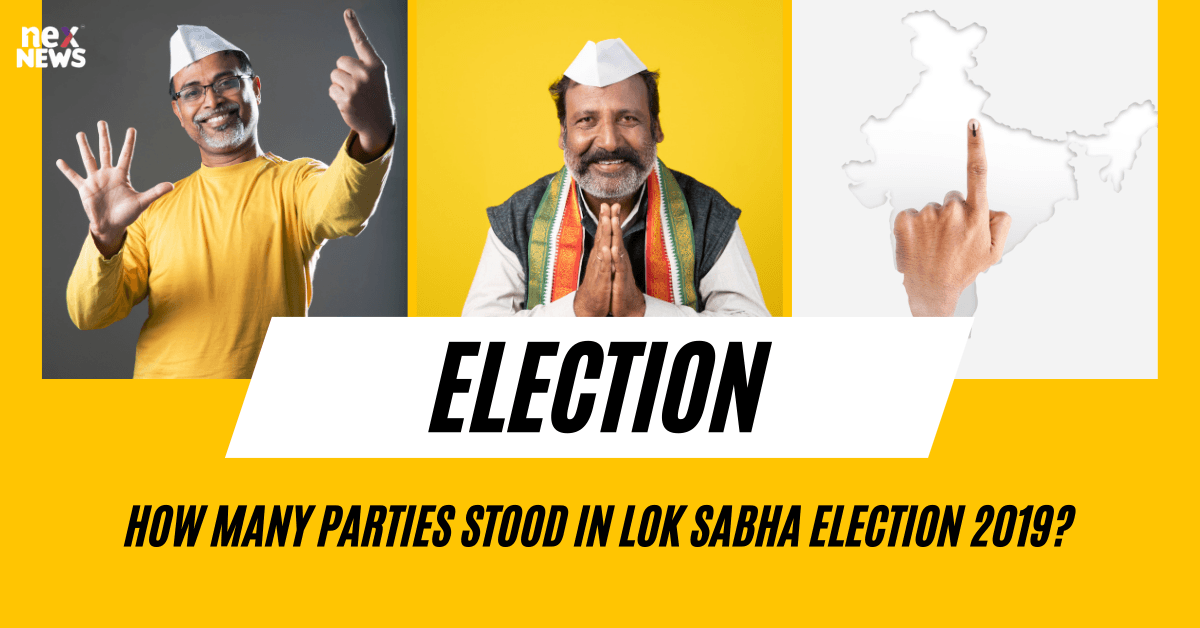Main Political Parties in Lok Sabha Election 2019
The Bharatiya Janata Party (BJP) emerged as a prominent force in the Lok Sabha Election 2019, led by Prime Minister Narendra Modi. With its strong nationalist agenda and emphasis on economic development, the BJP garnered significant support across various states in India. The party's alliance with other like-minded parties further bolstered its position, making it a formidable contender in the electoral battle.
On the other hand, the Indian National Congress, led by Rahul Gandhi, played a key role in the election, showcasing a mix of seasoned politicians and fresh faces. The party focused on themes of social welfare, secularism, and inclusive growth, attempting to connect with a wide range of voters. Despite facing challenges in certain regions, the Congress party remained a crucial player in shaping the political landscape of the Lok Sabha Election 2019.
Regional Parties in Lok Sabha Election 2019
Regional parties play a crucial role in the Lok Sabha elections, especially in states where they have a strong presence. These parties often focus on addressing local issues and have a deep understanding of the regional sentiments of the people. They play an essential role in providing a voice to the aspirations and grievances of the people at the grassroots level.
In states like Tamil Nadu, Telangana, and West Bengal, regional parties have a significant influence on the electoral landscape. These parties have a loyal voter base and are known for their strong leaders who have a deep connect with the local populace. Their presence adds a dynamic element to the political scenario by offering diverse perspectives and agendas that may differ from those of national parties.
Independent Candidates in Lok Sabha Election 2019
Independent candidates play a significant role in the Lok Sabha Election 2019, offering voters alternative choices apart from political parties. These candidates represent diverse backgrounds and viewpoints, often catering to specific local issues that major parties might overlook. Their presence adds a layer of unpredictability to the electoral landscape, challenging the dominance of established political entities.
While independent candidates may face challenges in terms of resources and visibility compared to party-backed contenders, some manage to garner substantial support through grassroots campaigning and direct interaction with voters. Their campaigns are usually characterized by a more personal approach, focusing on individual connections and community engagement. In constituencies where public dissatisfaction with traditional parties runs high, independent candidates can emerge as strong contenders, tapping into voter disillusionment with mainstream politics.
Newly Formed Parties in Lok Sabha Election 2019
In the Lok Sabha Election 2019, several newly formed parties emerged on the political landscape, aiming to challenge the dominance of established political players. These parties reflected the diverse aspirations and ideologies of different regions and communities across the country. With charismatic leaders at their helm, they sought to carve out a space for themselves in the competitive electoral arena.
These newly formed parties presented themselves as alternatives to the traditional political choices, promising fresh perspectives and solutions to the pressing issues facing the nation. Despite their relatively short existence, they managed to attract attention and support from segments of the electorate disillusioned with the mainstream political options. Their performance in the election would not only test their organizational strength but also determine their future role in shaping the political discourse of the country.
Major Alliances in Lok Sabha Election 2019
The Lok Sabha Election of 2019 showcased the significance of major alliances in shaping the political landscape of India. The National Democratic Alliance (NDA), led by the Bharatiya Janata Party (BJP), was able to secure a substantial victory by forming alliances with various regional parties across the country. This coalition of parties proved to be instrumental in rallying voter support and ensuring a successful electoral outcome for the BJP.
On the other hand, the United Progressive Alliance (UPA), spearheaded by the Indian National Congress, also forged alliances with regional parties in an effort to consolidate their political influence. These alliances played a crucial role in mobilizing voters and presenting a united front against the ruling NDA. The dynamics of these major alliances highlighted the strategic importance of collaboration and coalition-building in the Indian political landscape.


POST A COMMENT (0)
All Comments (0)
Replies (0)